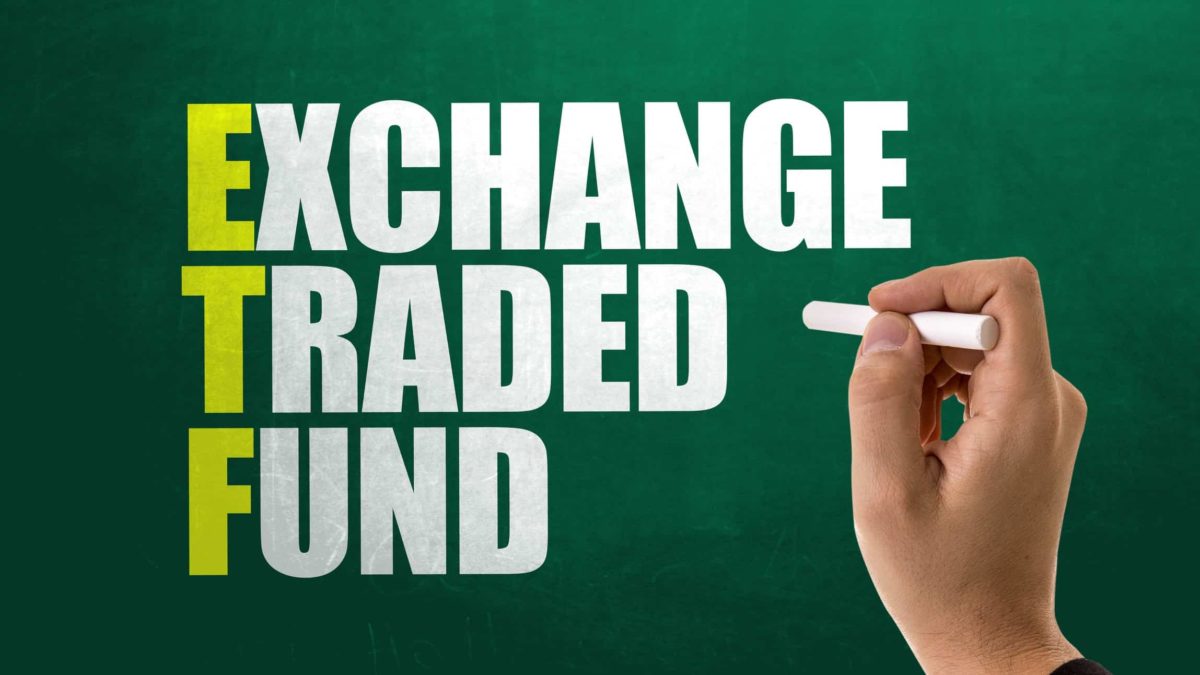Key points
- Global share markets are becoming volatile, opening up some opportunities for investors
- The Betashares Nasdaq 100 ETF can give investors exposure to some of the world's leading technology businesses like Apple and Microsoft
- The VanEck Morningstar Wide Moat ETF is about businesses that have strong competitive advantages and look good value
The global share market volatility could mean it's a good time to consider some of the highest-quality exchange-traded funds (ETFs) on the ASX.
Investors seem to be worried about rising interest rates because of the high level of inflation that the US is seeing.
Higher interest rates can have the impact of hurting the current valuations of businesses. But that may mean that investors can get exposure to these companies at better prices.
Betashares Nasdaq 100 ETF (ASX: NDQ)
This ETF from Betashares is about providing investors with exposure to 100 of the largest non-financial businesses on the NASDAQ, which is a North American stock exchange.
Since the start of the year, the NDQ ETF has fallen by 12% due to all of the volatility that the US share market is experiencing. Remember, an ETF simply tracks the returns of the underlying holdings (and also takes the management fees).
Lower prices can be an opportunity to get exposure to many of the world's leading technology businesses including: Apple, Microsoft, Amazon, Alphabet, Meta (Facebook), Tesla, Nvidia, Adobe, PayPal and so on.
Within this portfolio are leaders from several different sectors including Costco, Netflix Moderna, Intuitive Surgical and ASML.
This ETF has an annual management fee of 0.48% per annum.
VanEck Morningstar Wide Moat ETF (ASX: MOAT)
This ETF is also based on shares that are listed in the US. However, it isn't based on an index which is influenced by the size of those businesses.
The stocks that are picked for this ETF's holdings are ones chosen by analysts from Morningstar that look good value and are believed to possess wide economic moats.
An economic moat is a way of describing its competitive advantages. For example, it could have cost advantages, patents, scale advantages, brand power and so on. The "wide" part of the description of the economic moat refers to the belief that the businesses will almost certainly hold onto their current competitive advantages for the next decade and more likely than not for the next two decades.
Businesses are only allocated a weighting to this ETF's portfolio if they're at attractive prices relative to Morningstar's estimate of fair value.
On 27 January 2022, there were 46 holdings in the portfolio. The ones with a weighting of at least 2.7% were: Cheniere Energy, Lockheed Martin, Wells Fargo, Merck & Co, Berkshire Hathaway, Altria Group, Philip Morris, Bristol-Myers Squibb, Aspen Technology, Dominion Energy, Kellogg, Constellation Brands and Corteva.
Unlike the NDQ ETF, most of the positions in the MOAT ETF are reasonably similar sized weightings.
Looking at the sector allocation, at the end of December 2021, IT made up just over 25% of the portfolio, with healthcare, industrials and consumer staples having mid-teen percentage weightings.
Performance is not a reliable indicator of future performance, but at the end of 2021 this ETF had produced an average return per annum of 18.3% over the prior five years.









